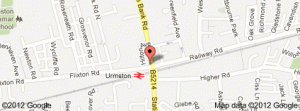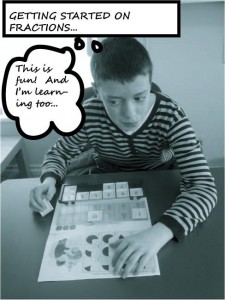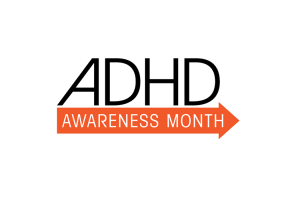Urmston Library is more than just a place to borrow and return books. It’s a beautifully designed, welcoming space in which to graze upon prose, poetry and any number of non-fiction printed work. What’s more is that the library acts as a hub for many community activities.
Children’s Activities at Urmston Library
Rhyme Time is a singing group for babies and toddlers which runs from 1:30pm on Tuesdays and Thursdays. Babies begin to learn about language from the moment they are born; a newborn may not appear to be getting a lot out of the Wheels on the Bus, but they will learn a huge amount about rhythm, rhyme and melody from these fun sessions. Rhyme Time also offers parents and carers the chance to make friends with others in a similar situation. Rhyme Time sessions are free of charge.
Drama 4 Tots runs on a Wednesday, at 10am (for 0-5 years) and 11am (babies only). Storytelling, movement, music and mime are covered in these sessions, which are subject to a pay-as-you-go fee of £4.50.
Chatterbooks is the library’s reading club for children aged 7+. The children read and talk about everything to do with books – stories, authors, illustrators, dramas and so on. There are games, activities, gifts and prizes during the sessions. They don’t do lots of reading, so if your child has lost interest in actual reading, Chatterbooks is a great way to recapture it. Chatterbooks sessions are free of charge.
There are two monthly Chatterbooks groups at Urmston Library: Group 1 meets on the first Tuesday of the month and Group 2 meets on the first Thursday of the month. There is no Chatterbooks meeting in January 2015 as the children are going to a panto instead.
The Children’s Film Club at Urmston Library will meet on the second Friday of every month from 6:30 – 8:00pm. Films scheduled thus far are as follows: Frozen (9th January); Coraline (13th February); Cats and Dogs; the Revenge of Kitty Galore (13th March); Monsters University (10th April); How to Train Your Dragon (8th May) and Despicable Me (12th June). The films are free to view and refreshments are provided.
Urmston Library will be screening some Christmas Films on December 23rd 2014. There will be three sessions, beginning at 2pm with ‘Merry Christmas, Thomas’ (some Thomas the Tank Engine Christmas episodes); followed by ‘Santa Paws 2: the Santa Pups’ and finally ‘Elf’. The free event is ticketed and all children must be accompanied by an adult. Places are limited to 25, so ask at the library for details as soon as possible.
Lingotots Mandarin sessions (ages 0 – 11) take place on a Saturday morning from 10.15. I’ve been attending these sessions with my eight year old son and I have to admit, I was unsure as to how successful it could be with such a wide age range, but I went along anyway because I really wanted to learn Mandarin. I have to say, it works incredibly well. Sue, the Mandarin tutor, is a truly gifted teacher who includes and engages all the children (who range from under one up to age 10) and parents. I have learned a lot and really enjoyed it.
To join Chatterbooks or the Children’s Film Club, ask for details at the library counter. To join Lingotots Mandarin sessions, contact Ashley at Lingotot South Manchester. All other activities can be turned up to.















